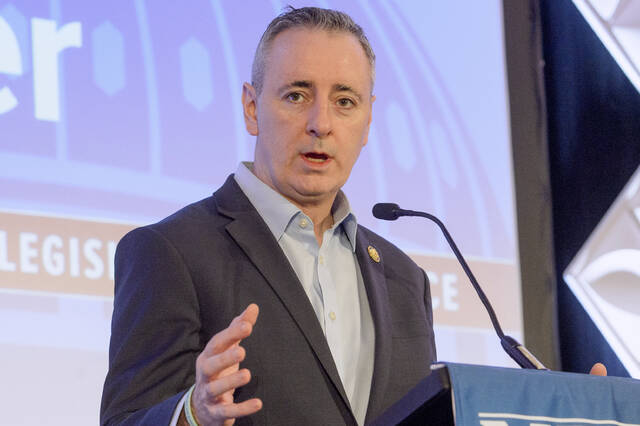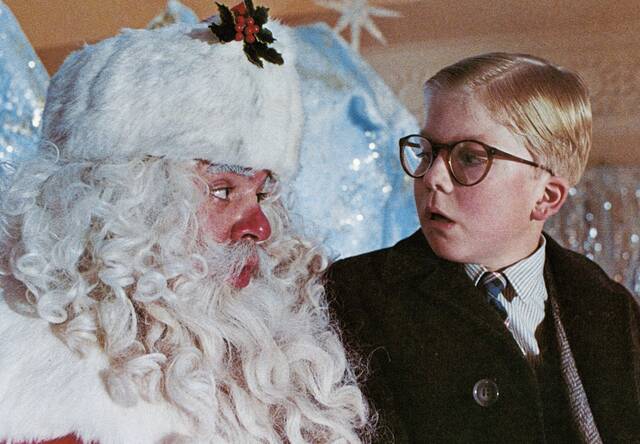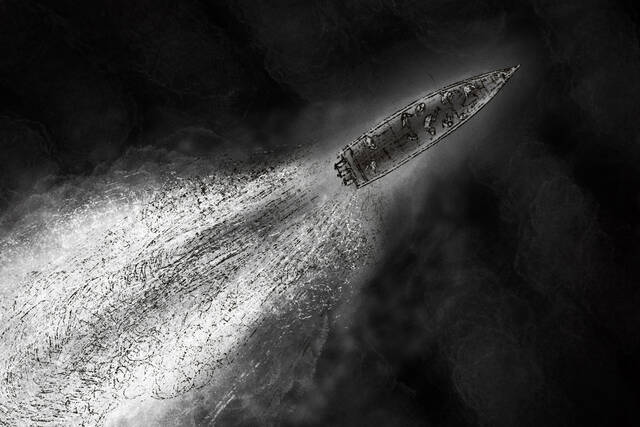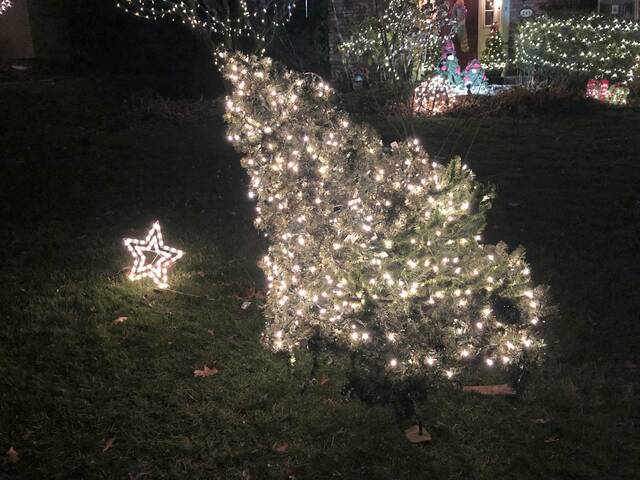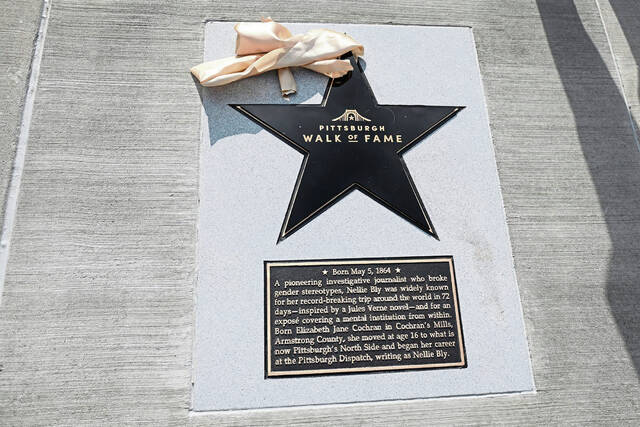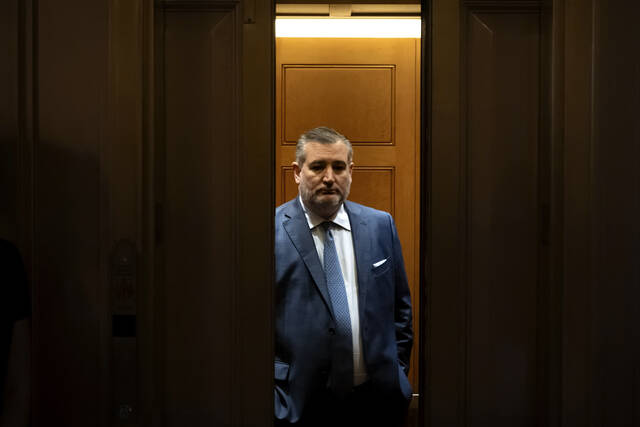It can be hard to feel bad for a college athlete.
You look at what many are being given. Full-ride scholarships and world-class training facilities. Training table meals and a staff of people to keep them healthy. Tutors to keep their grades up and, hey, if you go to the right school, maybe classes that don’t even need to be attended. (I’m looking at you, North Carolina.)
They can be famous. They can have golden futures on the horizon with pro careers or Olympic medals just waiting to be grabbed.
But there are four — maybe five — years of daily grind and stress between stepping onto campus and stepping out the door, and in the middle is a lot of uncertainty and a lot of obligation with no promises. Take the wrong thing from the wrong person and you could lose it all by destroying your eligibility. Hurt yourself and you could crush that future. And when you sign your intent letter, you sign away the rights to your name and your image. Forever.
It can end up being more like a special kind of indentured servitude than the student-first, athlete-second scholarship that is talked up. For years, this has been a sticking point for some athletes who have pushed for a paycheck or a union, the same way graduate students have done the same at colleges around the country, including Penn State and Pitt.
Which is what makes the recent U.S. Supreme Court ruling so interesting. The nation’s highest court decided that the NCAA is being unfair. To colleges.
What? Yes.
In a unanimous ruling, the court decided that the NCAA can’t enforce restrictions on the benefits it offers to student athletes that are related to education. Because it’s best for the students? Because these education-related addenda, like computers or paid internships — things a normal college student can collect without problems — are a part of the university experience and shouldn’t be denied to someone who runs fast or catches a ball?
Nope. Because it’s an antitrust violation. Because it’s not fair to keep colleges from competing with each other.
In one way, this is a victory for student-athletes because they will be the beneficiaries of the ruling. There will be opportunities they are free to receive that will help low-income players who sometimes suffer in a limbo between privilege and poverty.
What is demoralizing, however, is that despite years of having this issue brought up, with California passing legislation allowing college athletes to profit from their own names and images, the decision in question doesn’t affirm that the students are more than a commodity.
Justice Neil Gorsuch touched on the topic in his opinion, writing that the decision “may encourage scholastic achievement and allow student-athletes a measure of compensation more consistent with the value they bring to their schools.”
It may — not will — because the decision does not prioritize the rights of the students. It defends the rights of the schools that make millions off their achievements.



